(April 20, 2022) In August 2003, when Pawan Mishra landed in Sydney, all that he had was $1,600 in his pocket (a loan from a friend), and dreams of making it big on foreign soil. Like any youngster who was about to start life from scratch, Pawan too was nervous, wondering what was in store for him. His only support was his wife Keemti, as the couple made their way Down Under.
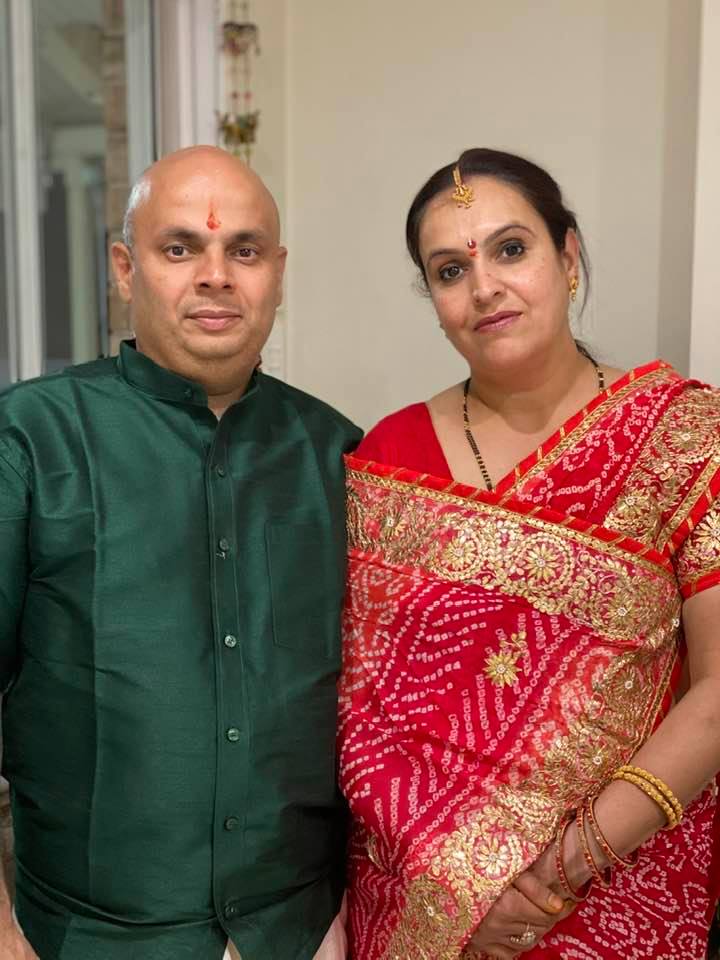
Pawan and his wife, Keemti
Down under, literally
A rental bond, two weeks rent for a studio apartment and used furniture – they were left with $200. Thus, every penny had to be spent wisely. Cutting corners, back then, their idea of a romantic dinner was a Burger King meal with unlimited coke. They shared a burger, and gulped down three to four glasses of coke to fill their rumbling tummies. Affording another meal was out of the question.
Years of unending struggles and challenges later, Pawan went on to establish a multi-million-dollar business empire of eight companies, six providing security. With over 200 employees, he protected and safeguarded Australians and their establishments by providing highly-trained security personnel and state-of-the-art gadgets for fool proof security
Not just for Australians, but Pawan has won accolades for providing fool proof security to a host of Bollywood personalities including Salman Khan, Sonakshi Sinha, Prabhu Deva, Shabana Azmi, Javed Akhtar, etc who visit Australia for work or pleasure. “Bollywood stars have a huge fan following in Australia and each time they visit, they seek security cover from us,” informs Pawan, who believes in giving a very personalised approach when it comes to security.
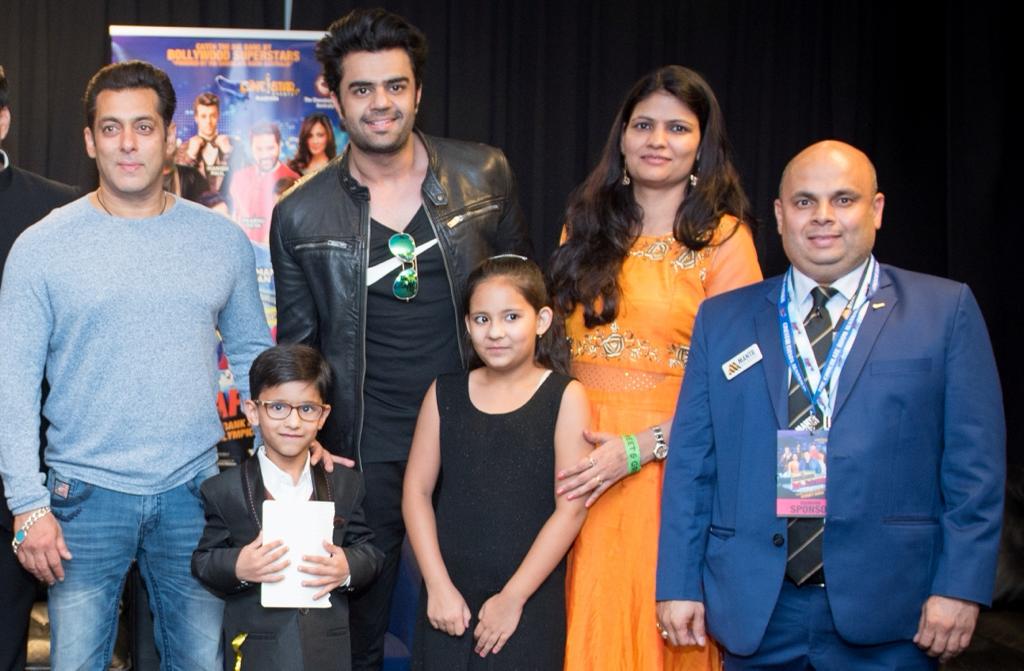
A struggle early on
“In the initial years (in Sydney), I put my head down, never got distracted and clocked into work daily. Every day was a struggle and it was the lowest phase of my life. But I was always willing to learn, grow and give my best,” smiles Pawan, MD, Mantr Group of companies, speaking exclusively to Global Indian.
The NRI fell in love with Australia in 1998 when he first pursued his MBA at the University of Technology. Study, working part-time at BP Petrol station, he returned to India after graduation. He found that his father Govind Mishra (living in Hyderabad) was facing a severe financial crunch, and loss in his finance business after his creditors went bankrupt.
With their backs against the wall, Keemti came into Pawan’s life and they got married in 2001, and decided to eke a life in Australia.
“It was a tough decision as we left our three-month-old son Mantr (after whom the company is named) with my in-laws. It was a huge sacrifice for Keemti,” says Pawan, who studied at Sujatha High School and did BCom at Badruka College in Hyderabad.
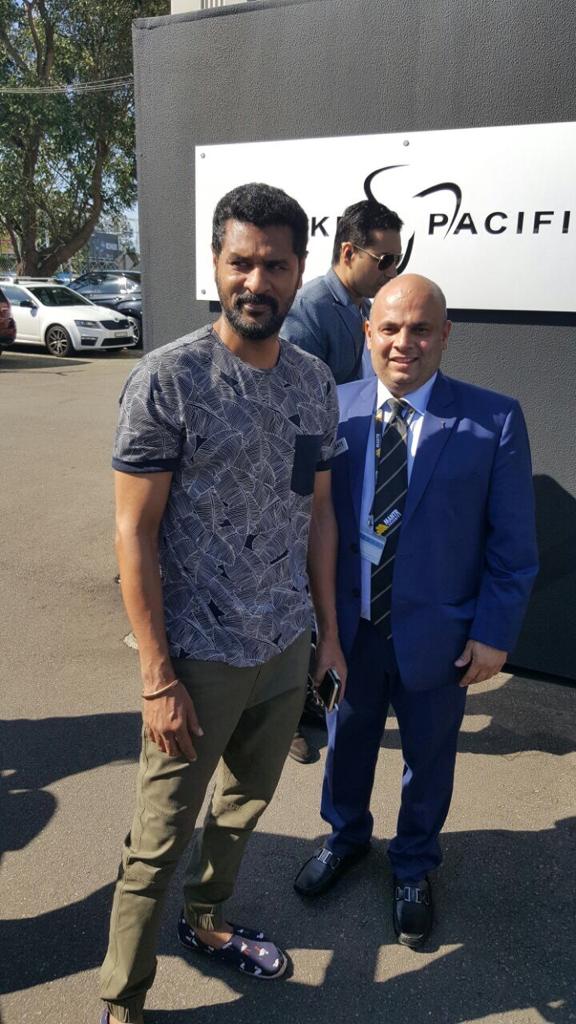
Working his way up
Arriving in Sydney, Pawan once again joined the BP Petrol station (2003-2004), became “employee of the month” thrice in a year, and in mid-2004, he took up another job at Chubb Security, among the top security firms in Australia as mobile patrol officer. “I worked 90 hours a week for the first three years (at both places),” informs Pawan, who later began sending about 7,000 AUD a month to his parents.
Keemti, meanwhile, took up a job at an Indian grocery store making $5 dollars an hour. She too joined the service station later. When Pawan was promoted as supervisor, and sub-contractor at the security company, he gained further insight into the security business. His fascination for law and order, emerging technologies in security propelled him into launching his own security firm in May 2005. “There was a huge demand for security, and related gadgets as 9/11 in the US prompted the world to take stringent security measures. There was money to be made,” recalls the 45-year-old father of two. His elder son Mantr is in college and the younger one, Dhruv is in school.
A loan of 25,000 AUD from Westpac Bank with a little help from friends got him the necessary approvals. Another friend got him his first 20 hours-a-week security contract. “I didn’t have any credit history. The only loan I could get was a personal loan. Australia is a great country provided you don’t abuse what’s easily offered. My cash flow problem was covered in the initial days with credit cards, though mostly, I paid wages from cash withdrawals at 18 percent interest,” recalls Pawan, who went on to launch two more companies offering the best cleaning solutions for offices and homes in 2019.
He and Keemti obtained seven credit cards to pay wages. “It was a never-ending debt cycle. We were taking too much debt but were unable to raise or save enough working capital,” recalls Keemti, who did master’s in accounting from Barkatullah University in Bhopal. Today, she helms administration and accounting at Mantr Group.
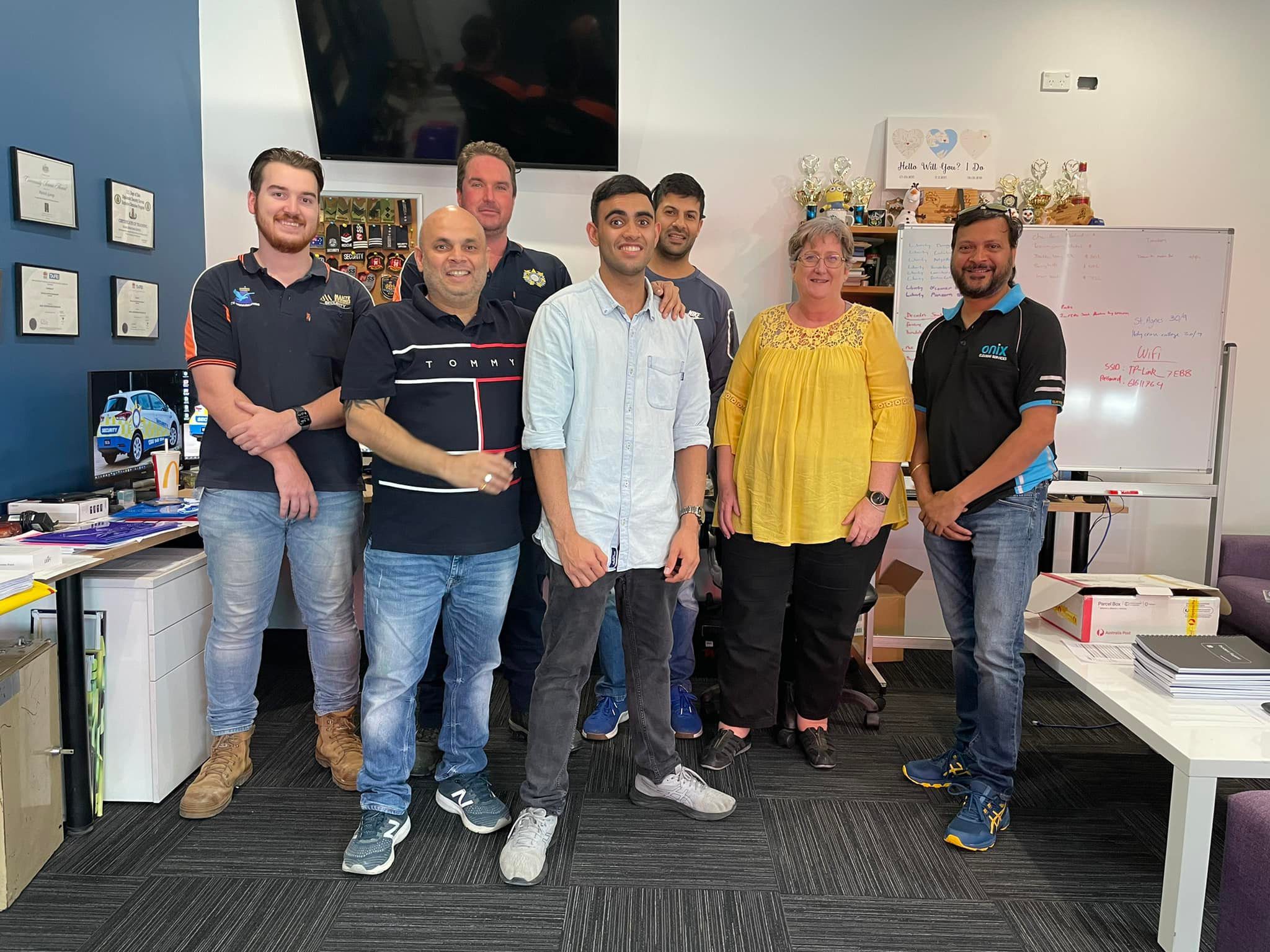
The Mantr team
Slow and steady
“The work we were getting was purely due to word of mouth and performance based. Over the years, we kept getting more and more contracts due to our sheer professionalism. Ever since, the company has seen a ready growth of 20-22 percent every year,” informs Pawan.
His security companies (Lighthouse Protection, Holt Security, CTC Communications, CTC Security, Partisan Protective Services, Statewide Protective Services) provide armed security cover for individuals and establishments, mobile patrolling services, electronic security, traffic controllers, cash/valuables in transit besides offering a host of high-end security gadgets. Over the past 17 years, he was instrumental in delivering services to more than 2,000 patrolling clients, 700 permanent and semi-permanent sites and 16,000 alarm responses. Headquartered in Sydney, the company has three more inter-state offices.
The dislike for credit cards grew and once cash flow was sustainable, this practice was canned. What’s next? “The long term goal is to walk on the path of honesty and integrity to become Australia’s No 1 security company. I have no doubt of it happening,” smiles Pawan.
The couple have created their own haven in a new country. But they visit India twice a year to stay connected with their roots. As for Keemti, she loves cooking and has her own YouTube channel where she teaches vegetarian Indian recipes and conducts online classes.
Follow Mantr Group on Facebook and Youtube

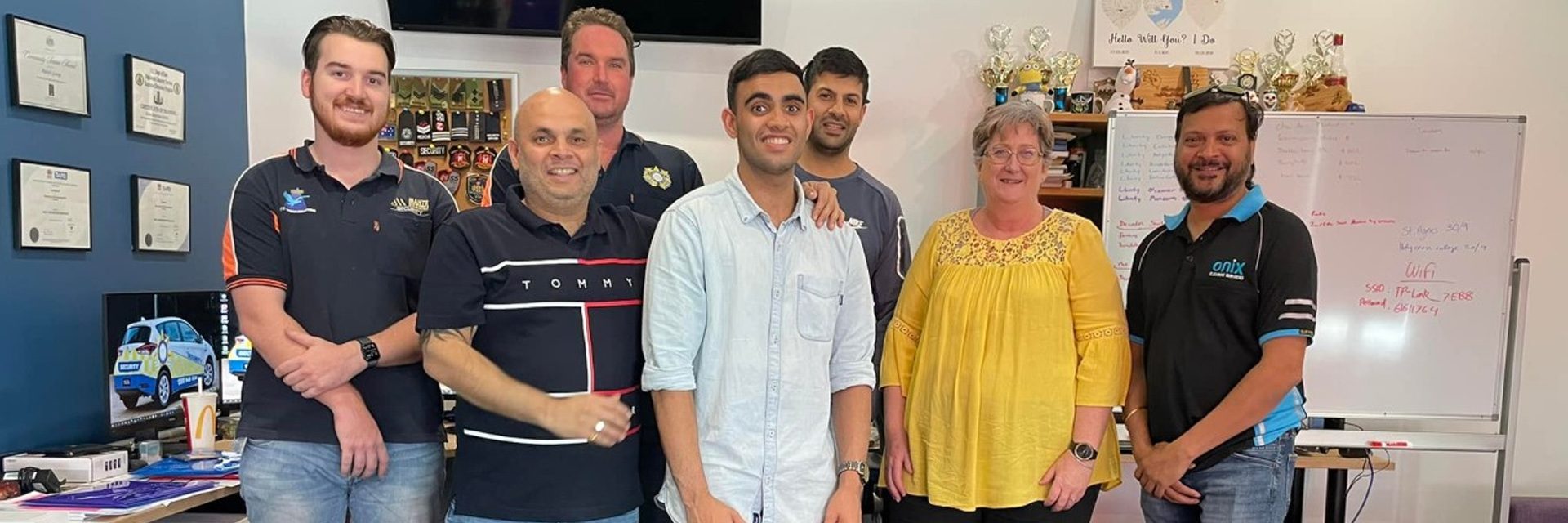

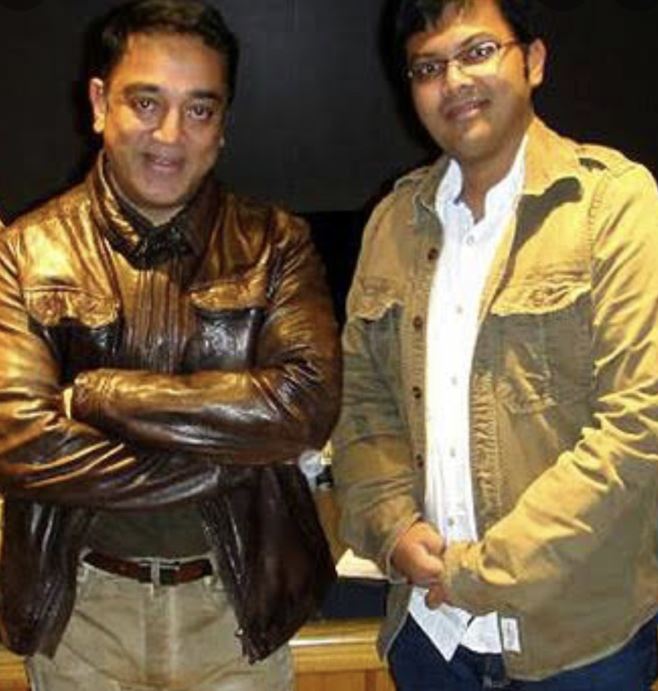 Kunal Rajan with Kamal Haasan[/caption]
Kunal Rajan with Kamal Haasan[/caption]
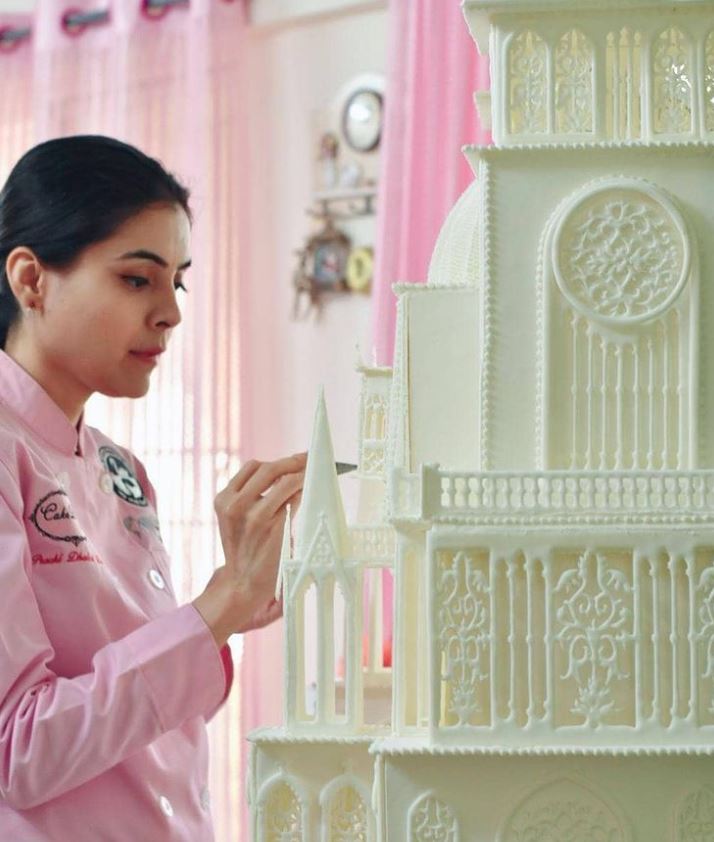
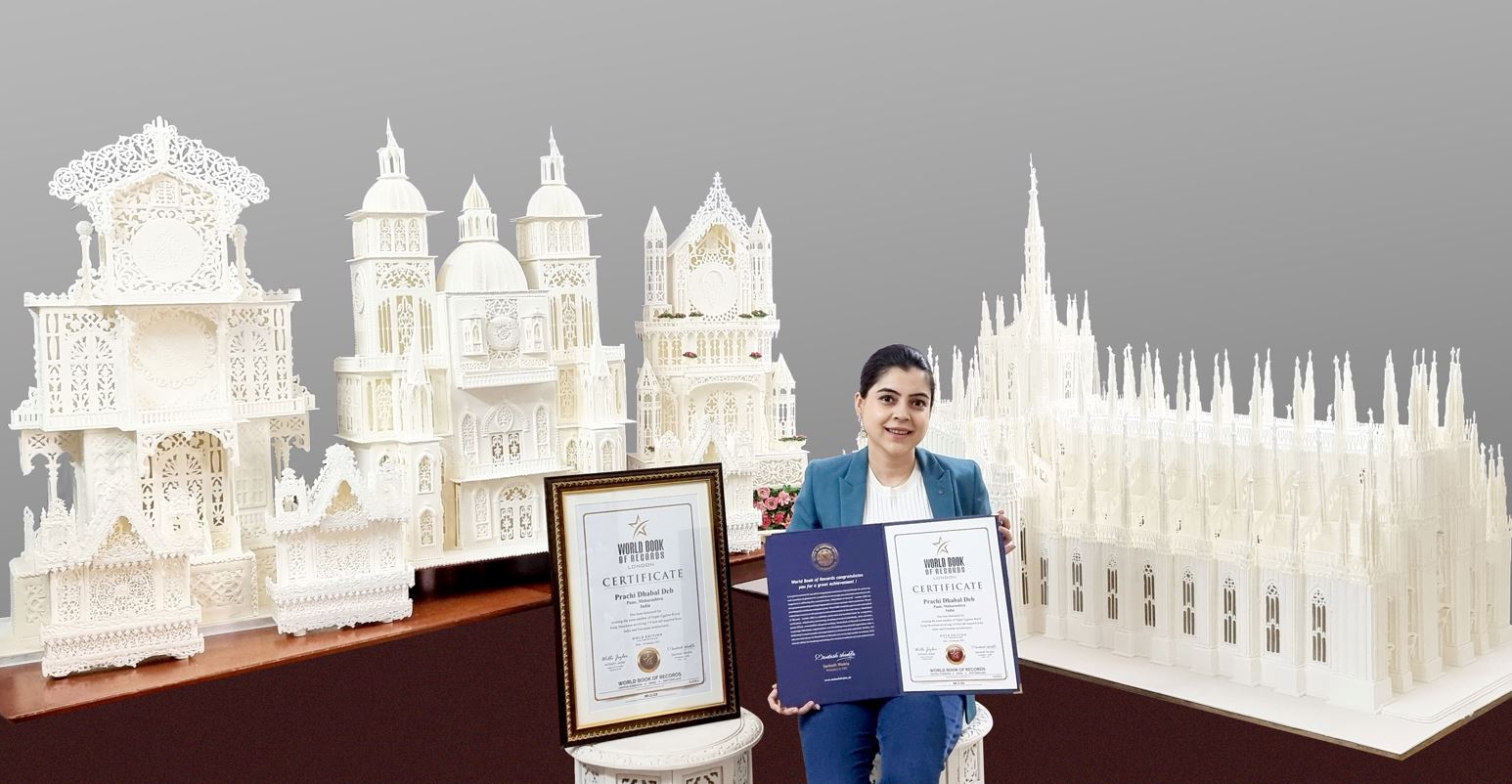
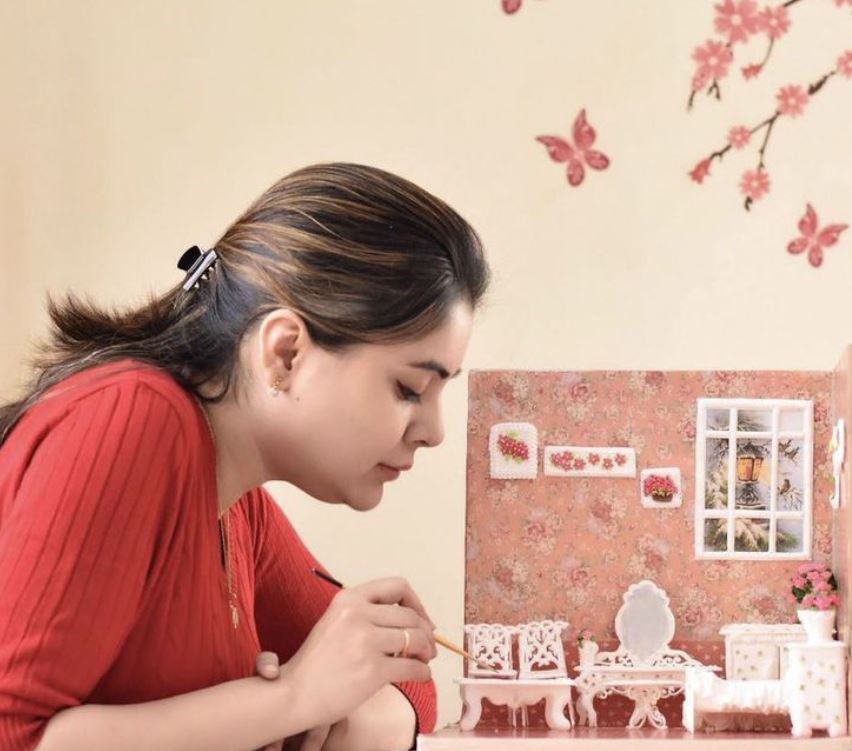
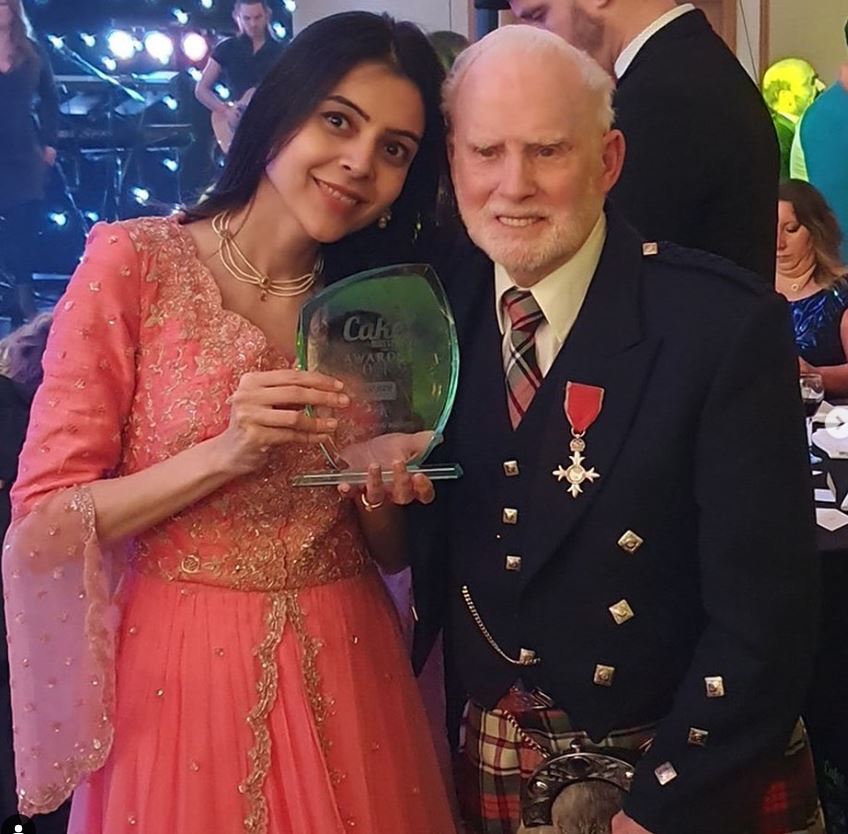


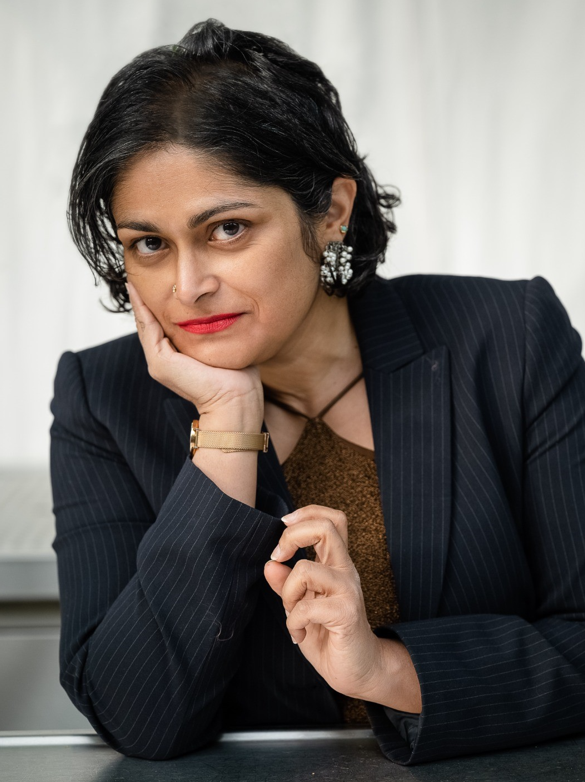 Anu Vaidyanathan[/caption]
Anu Vaidyanathan[/caption] Anu Vaidyanathan[/caption]
Anu Vaidyanathan[/caption]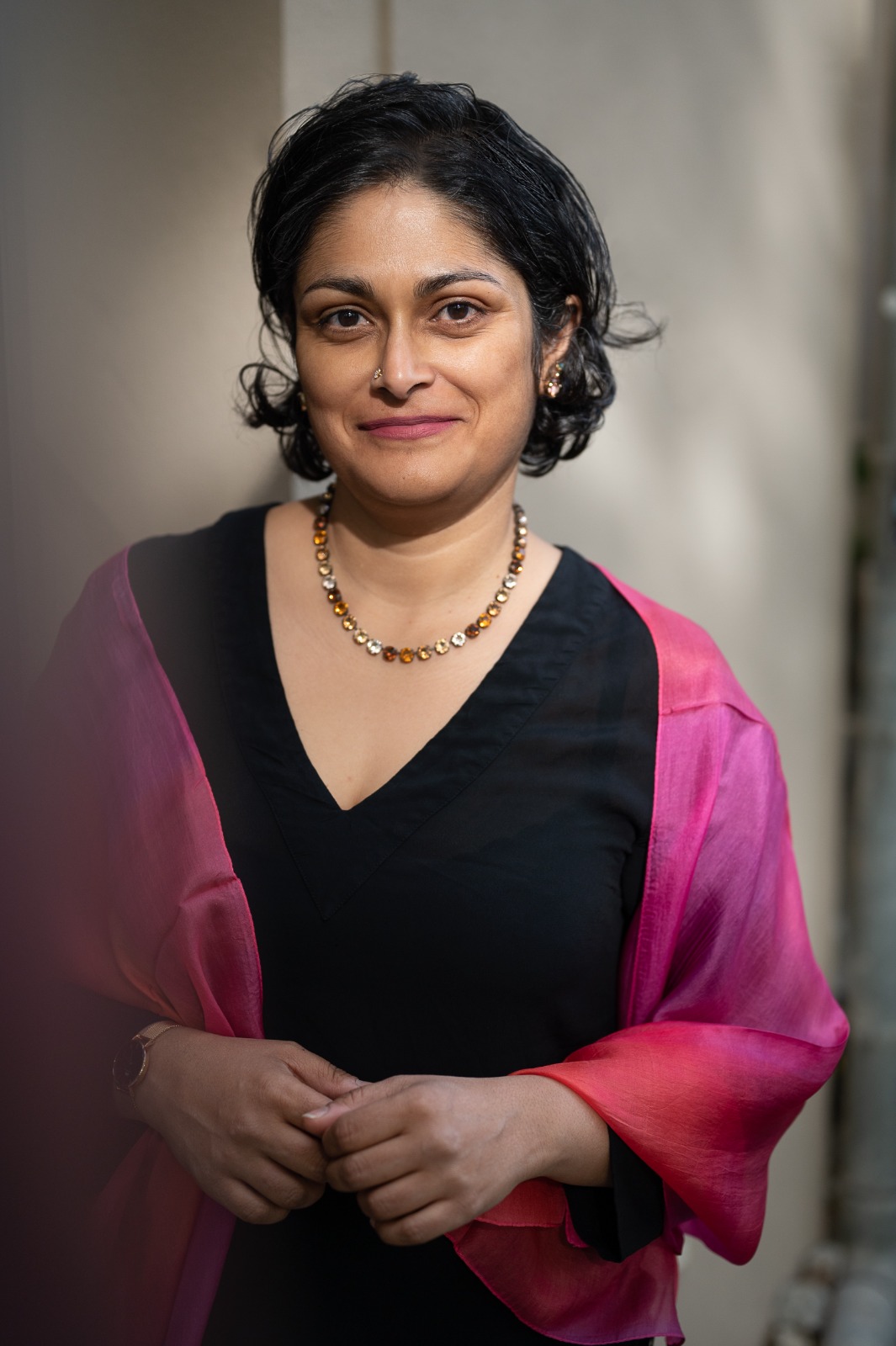 Anu Vaidyanathan[/caption]
Anu Vaidyanathan[/caption]
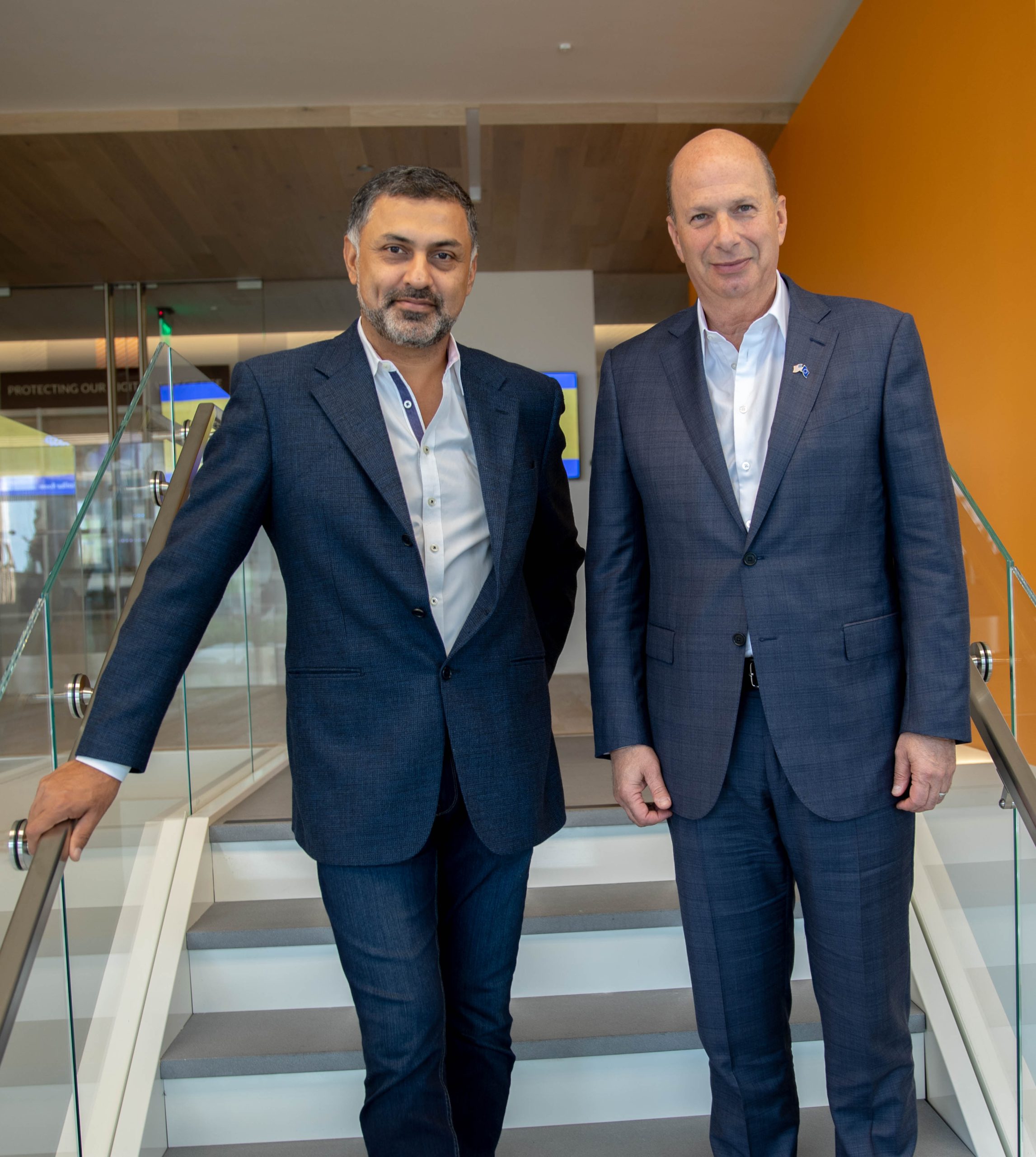 Nikesh with U.S. Ambassador to the European Union, Gordon Sondland[/caption]
Nikesh with U.S. Ambassador to the European Union, Gordon Sondland[/caption]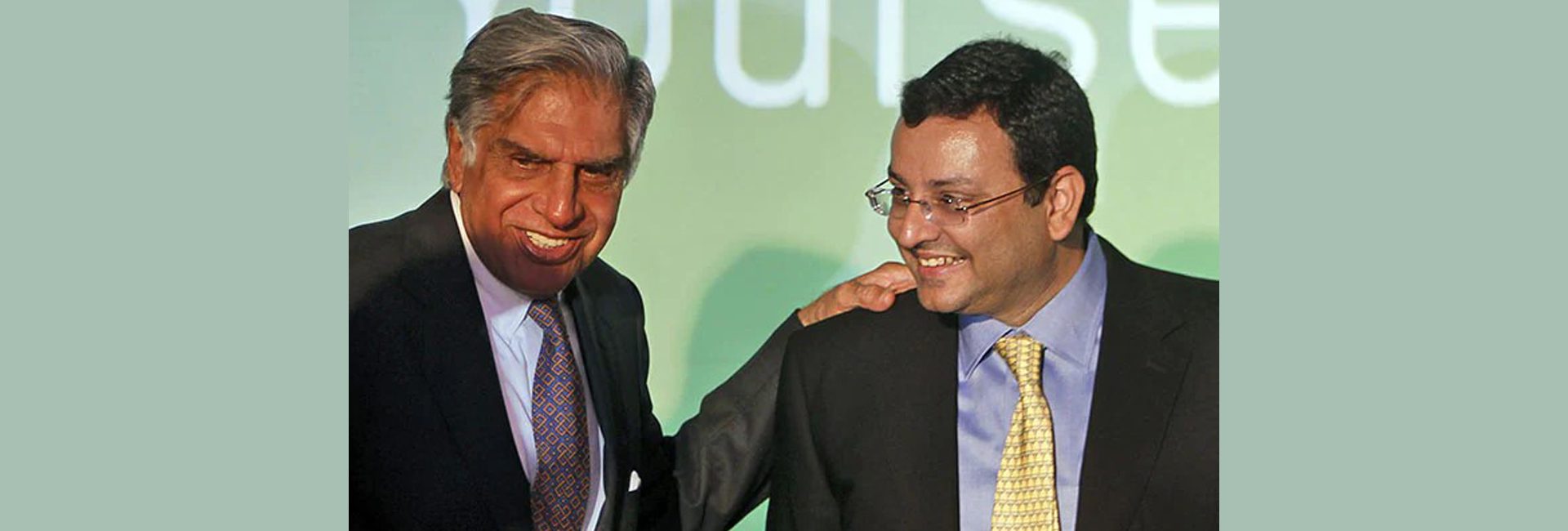
 Cyrus Mistry with Prime Minister Modi in 2016[/caption]
Cyrus Mistry with Prime Minister Modi in 2016[/caption] Vallarpadam Railway Bridge, the longest in India, contructed by Shapoorji Pallanji & Co[/caption]
Vallarpadam Railway Bridge, the longest in India, contructed by Shapoorji Pallanji & Co[/caption]
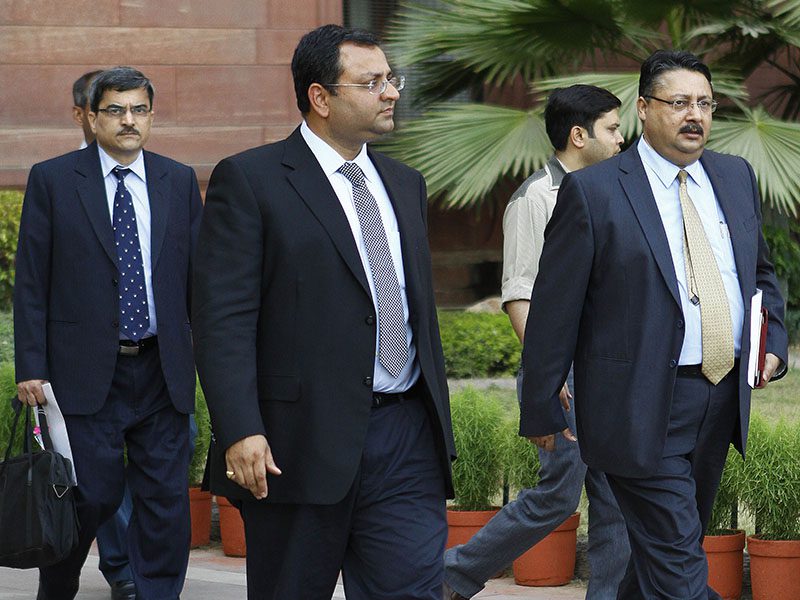 Tata Group Chairman Cyrus Mistry after a meeting at the Finance Ministry on May 29, 2012 in New Delhi, India. (Photo by Vipin Kumar / Hindustan Times via Getty Images)[/caption]
Tata Group Chairman Cyrus Mistry after a meeting at the Finance Ministry on May 29, 2012 in New Delhi, India. (Photo by Vipin Kumar / Hindustan Times via Getty Images)[/caption]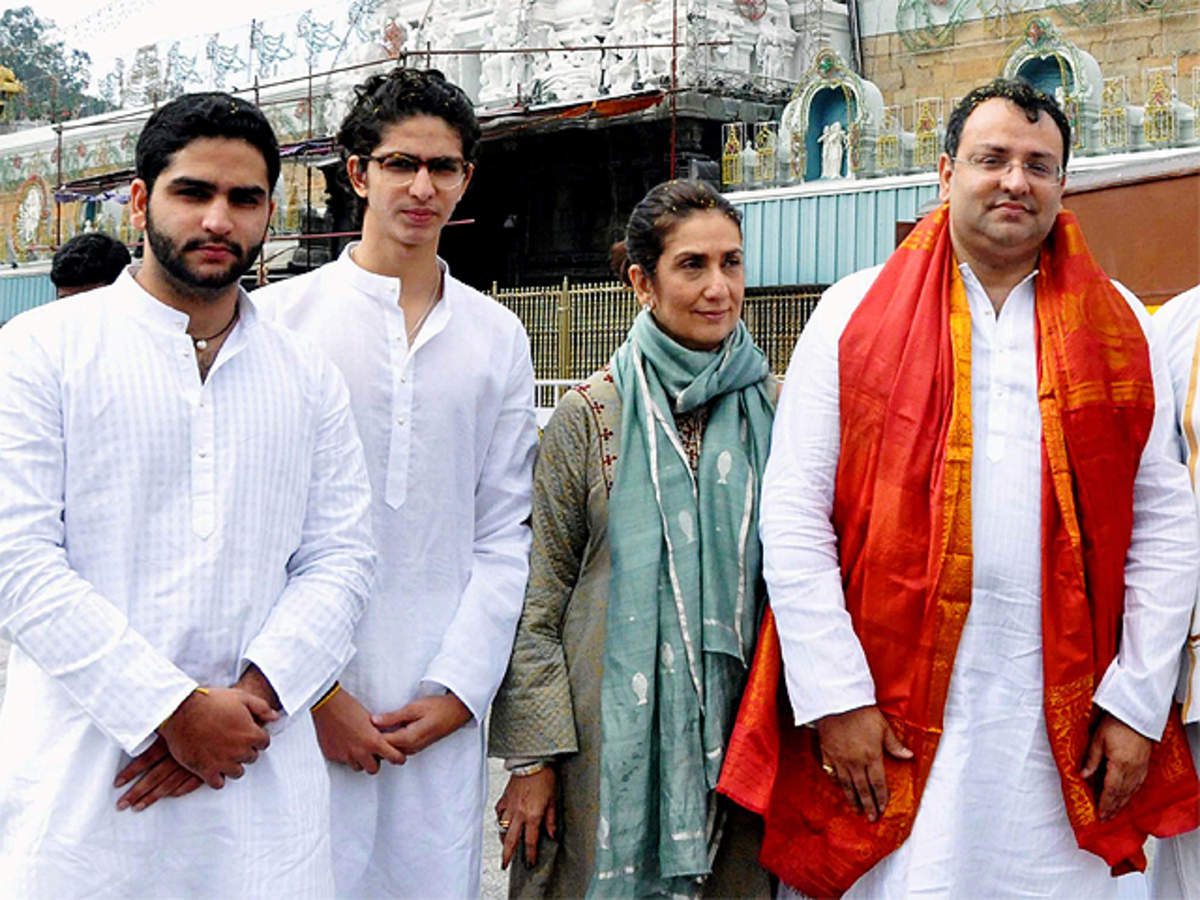 Cyrus Mistry and his family[/caption]
Cyrus Mistry and his family[/caption]